Home>Furniture>Kitchen Furniture>Which Costs More: Gas Stove Burners Or An Electric Heater?
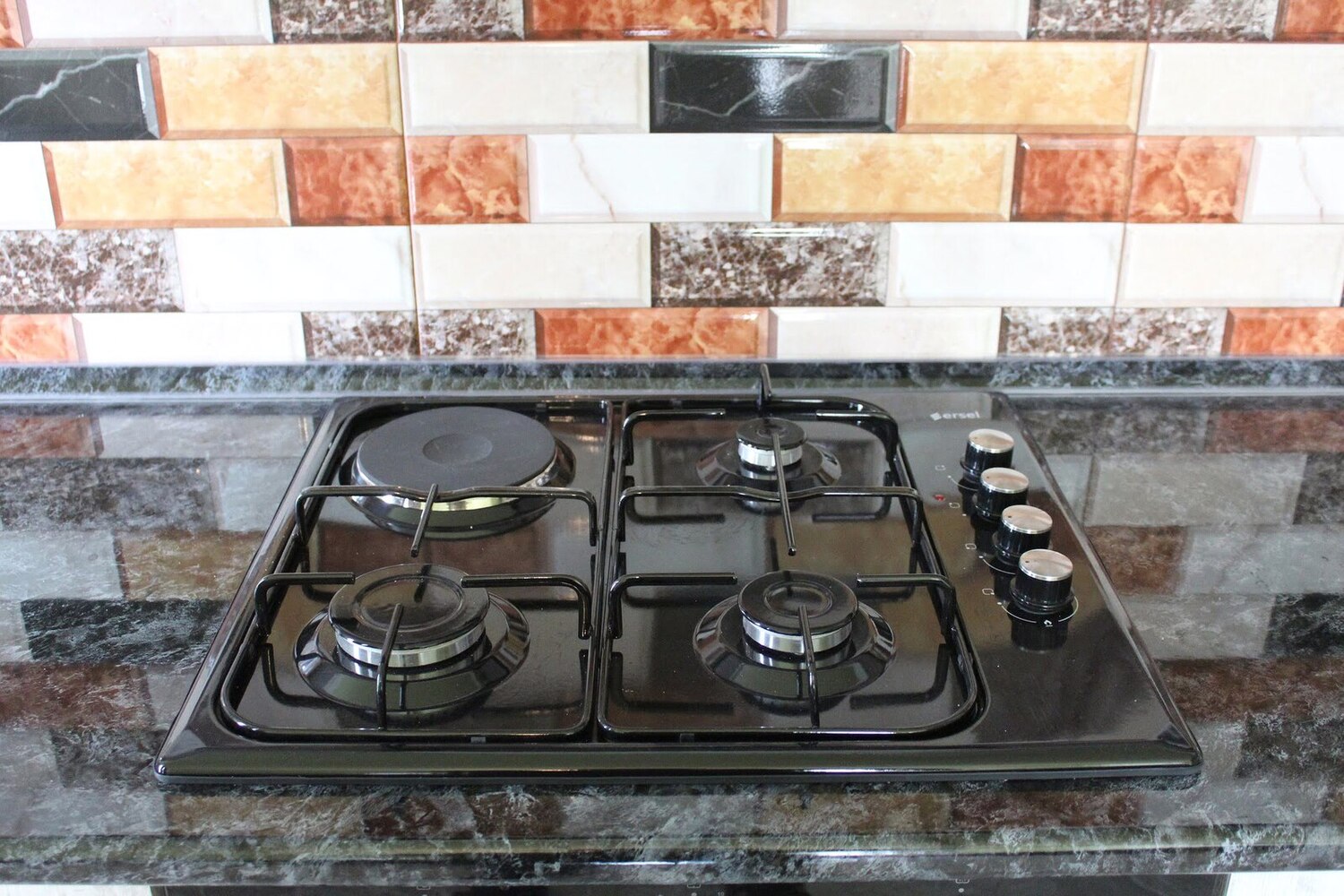

Kitchen Furniture
Which Costs More: Gas Stove Burners Or An Electric Heater?
Modified: October 27, 2024
Discover the costs of running gas stove burners and electric heaters when there is no heat in your house. Read our informative articles for expert advice.
(Many of the links in this article redirect to a specific reviewed product. Your purchase of these products through affiliate links helps to generate commission for Storables.com, at no extra cost. Learn more)
Introduction
When it comes to heating your house, there may be times when your primary heating system fails, leaving you searching for alternative sources of warmth. In these situations, you might find yourself debating between using the gas stove burners or an electric heater to keep your home cozy.
Both gas stove burners and electric heaters can provide a temporary solution to heat your home, but it’s important to consider the costs involved. The cost of running these devices can vary depending on various factors, including energy efficiency, fuel prices, and the specific appliances you’re using.
In this article, we will delve into the comparison between gas stove burners and electric heaters, explore the factors influencing their operating costs, and examine their energy efficiency. By the end, you’ll have a better understanding of which option might be more suitable for your heating needs.
Key Takeaways:
- Gas stove burners are more cost-effective to run due to lower natural gas prices, but electric heaters offer convenience and safety. Consider energy efficiency and usage patterns when choosing between the two.
- When deciding between gas stove burners and electric heaters, consider factors such as cost, convenience, safety, and energy efficiency. Regular maintenance and energy-saving practices can help optimize efficiency and reduce costs.
Read more: Which Is Better Gas Or Electric Cooktop
Comparison of Gas Stove Burners and Electric Heaters
Gas stove burners and electric heaters are both popular options for providing temporary heat in a house. Let’s take a closer look at how they compare in terms of cost, convenience, and safety.
Cost: When it comes to initial cost, gas stove burners tend to be more affordable than electric heaters. Gas stoves are a common kitchen appliance, so if you already have one at home, you can use it to generate heat without any additional investment. On the other hand, electric heaters require purchasing a standalone device.
In terms of operating costs, gas stove burners are typically cheaper to run compared to electric heaters. Natural gas prices are often lower than electricity rates, making gas stove burners a cost-effective option. However, this can vary depending on the region and the efficiency of the appliances.
Convenience: Electric heaters often provide more convenience and versatility compared to gas stove burners. Electric heaters are portable and can be easily moved from room to room, providing heat wherever it’s needed. They also come in various types, such as fan-forced heaters, radiant heaters, and oil-filled heaters, allowing you to choose the one that suits your preferences.
Gas stove burners, on the other hand, are fixed appliances located in the kitchen. While they can generate heat, they might not be as effective at evenly distributing warmth throughout the house compared to electric heaters. This can result in certain areas feeling colder than others.
Safety: Safety is a crucial factor to consider when using any heating appliance in your home. Electric heaters are generally considered safer compared to gas stove burners. Electric heaters do not produce an open flame, reducing the risk of fire hazards. They also have safety features like tip-over protection and overheating shut-off switches.
Gas stove burners, on the other hand, use an open flame, which can pose a higher fire risk if not used with caution. It’s important to ensure proper ventilation when using gas stove burners to prevent the buildup of harmful gases like carbon monoxide. Regular maintenance and inspection are necessary to ensure their safe operation.
In the next sections, we will delve deeper into the factors that influence the costs of running gas stove burners and electric heaters, as well as their energy efficiency.
Factors Influencing Costs of Running Gas Stove Burners
When considering the costs of running gas stove burners to heat your house, several factors come into play. Understanding these factors can help you estimate the expenses involved and make informed decisions.
Gas Prices: The cost of natural gas can vary depending on the region and market conditions. It’s essential to stay updated with gas prices in your area to estimate the cost of running gas stove burners accurately. Gas prices can fluctuate throughout the year, so it’s wise to monitor them regularly.
Efficiency of the Burners: The efficiency of your gas stove burners can significantly impact the operating costs. Older gas stoves may have lower efficiency ratings compared to newer models, meaning they may consume more gas to generate the same amount of heat. Consider upgrading to a more energy-efficient stove if your current one is outdated.
Insulation and Weather Conditions: The level of insulation in your home plays a significant role in heat retention. Well-insulated houses require less heating, resulting in lower costs. Additionally, external weather conditions affect how often and how long you need to run the gas stove burners. Cold temperatures and strong winds can increase the demand for heating and subsequently raise your energy expenses.
Usage Patterns: The frequency and duration of using gas stove burners impact the overall costs. If you only use them sparingly or for short periods, the expenses will be lower. However, if you heavily rely on gas stove burners for prolonged periods, such as during a heating system breakdown, your energy bills may increase significantly.
Appliance Maintenance: Proper maintenance of your gas stove burners ensures optimal performance and efficiency. Regular cleaning and inspection of burners, gas lines, and ventilation systems can prevent gas leaks, improve combustion, and reduce energy waste. Neglecting maintenance can result in decreased efficiency and higher operating costs.
Energy Saving Practices: Implementing energy-saving practices while using gas stove burners can help minimize costs. For example, you can lower the heat setting when the desired temperature is reached, use pot lids to retain heat, and avoid opening the oven door frequently. Small adjustments like these can make a difference in your energy consumption and subsequent expenses.
By considering these factors and adopting energy-efficient practices, you can better manage the costs associated with running gas stove burners in your house. In the next section, we will explore the factors influencing the costs of running electric heaters.
Factors Influencing Costs of Running Electric Heaters
When it comes to running electric heaters to heat your house, there are several factors that can influence the operating costs. Understanding these factors will help you estimate expenses and make informed decisions about heating your home.
Electricity Rates: The cost of electricity can vary depending on your location and utility provider. It’s important to be aware of the electricity rates in your area to accurately estimate the cost of running electric heaters. Keep in mind that electricity prices can fluctuate throughout the year, so it’s beneficial to stay updated with any rate changes.
Energy Efficiency: The energy efficiency of your electric heater plays a significant role in determining the operating costs. Look for energy-efficient models that have higher energy ratings (such as Energy Star certified devices). These heaters are designed to produce more heat using less electricity, resulting in lower energy consumption and reduced costs.
Insulation and Weather Conditions: The level of insulation in your home affects the efficiency of electric heaters. Well-insulated houses retain heat better, allowing heaters to run for shorter periods and lowering energy consumption. External weather conditions also impact the demand for heating, with colder temperatures and windy conditions leading to increased usage and higher costs.
Heating Capacity: The heating capacity of electric heaters determines how effectively they can warm up a room or space. If your heater is undersized for the area you’re trying to heat, it may need to run for longer periods, consuming more electricity and increasing costs. It’s important to choose an electric heater with an appropriate heating capacity for your specific needs.
Usage Patterns: How frequently and for how long you use electric heaters will directly affect the operating costs. If you use them sparingly or only in certain areas of your home, the expenses will be lower. However, relying heavily on electric heaters for extended periods, such as during a heating system outage, can lead to significant increases in energy consumption and subsequent costs.
Energy Saving Practices: Adopting energy-saving practices while using electric heaters can help reduce costs. For example, you can lower the thermostat setting or use a programmable thermostat to heat only when needed. Additionally, ensuring proper insulation and sealing any air leaks in your home can prevent heat loss, allowing the heater to run more efficiently and consume less electricity.
By considering these factors and implementing energy-saving techniques, you can better manage the costs associated with running electric heaters in your house. In the next section, we will explore the energy efficiency of gas stove burners compared to electric heaters.
Gas stove burners generally cost less to run than electric heaters. However, it’s important to consider safety and efficiency when using a gas stove for heating. Always follow manufacturer’s guidelines and consider investing in a space heater for a more cost-effective and safe heating solution.
Energy Efficiency of Gas Stove Burners vs. Electric Heaters
The energy efficiency of heating appliances is an important consideration when evaluating their cost-effectiveness and environmental impact. Let’s compare the energy efficiency of gas stove burners and electric heaters to help you make an informed decision.
Gas Stove Burners: Gas stove burners are known for their efficient heat production. When a gas burner is ignited, the flame generates immediate heat, making it a quick and effective heating source. However, it’s important to note that gas stove burners primarily heat the area directly around them, rather than evenly distributing heat throughout the entire house. This can result in certain areas feeling colder, especially in larger spaces.
The energy efficiency of gas stove burners can vary depending on the model and age of the appliance. Older gas stoves may have lower efficiency ratings, meaning they consume more fuel to produce the same amount of heat. Upgrading to a newer, more energy-efficient gas stove can help improve efficiency and reduce operating costs.
Electric Heaters: Electric heaters have made significant strides in energy efficiency in recent years. Modern electric heaters often feature advanced technology, such as thermostats and timers, allowing for more precise control over temperature settings and energy consumption.
The energy efficiency of electric heaters can vary depending on the type of heater. Fan-forced heaters, which distribute heat by blowing air over a heating element, tend to be more efficient and offer rapid heat distribution. Radiant heaters, on the other hand, emit heat through infrared radiation, providing warmth directly to objects and people in their vicinity.
Oil-filled heaters are known for their ability to retain heat, making them particularly efficient in maintaining a consistent temperature for longer periods, even after being turned off.
One advantage of electric heaters is that they do not produce any combustion gases during operation, ensuring indoor air quality is not compromised. However, it’s important to note that electric heaters rely on electricity, which may not be generated from renewable sources in all areas.
Overall, when it comes to energy efficiency, electric heaters have the potential to be more efficient in terms of heating efficiency and maintaining consistent temperatures throughout a space. However, it’s important to consider the specific type and model of heater to ensure optimal efficiency.
In the next sections, we will explore how to calculate the cost of running gas stove burners and electric heaters to better understand the expenses involved.
Read more: How To Use Gas Stove Burners
Calculating the Cost of Running Gas Stove Burners
Estimating the cost of running gas stove burners requires considering several factors, including gas prices, burner efficiency, and usage patterns. Here’s a step-by-step guide on how to calculate the expenses involved:
- Determine the gas price: Check the current gas prices in your region, as they can fluctuate. Contact your local gas utility company or refer to online gas price trackers for the most up-to-date information.
- Find the burner efficiency: The efficiency of your gas stove burners can impact the amount of gas consumed and, consequently, the cost. Look for the energy efficiency rating of your burners or consult the manufacturer’s specifications. If you have an older stove with no efficiency rating, assume a standard efficiency rate of around 60-70%.
- Determine the gas consumption: Gas consumption is measured in British thermal units (BTUs). Check the rating plate or user manual of your gas stove burners to find the BTU output per hour. Multiply this value by the burner efficiency to calculate the effective BTU output.
- Estimate the runtime: Determine how long you typically run the gas stove burners each day. Multiply this value by the number of days you anticipate using them. This will give you the total runtime in hours.
- Convert BTUs to cubic feet: Divide the effective BTU output by the BTU value per cubic foot of gas in your region. This information can be obtained from your gas utility company or gas supplier.
- Calculate the gas consumption: Multiply the cubic feet of gas per hour by the total runtime in hours. This will give you the total gas consumed in cubic feet.
- Calculate the cost: Multiply the total gas consumed in cubic feet by the cost per cubic foot of gas. This will give you the estimated cost of running gas stove burners for the specified period.
Keep in mind that this calculation provides an estimation of the cost, as gas prices can fluctuate, and other factors (such as insulation and weather conditions) may impact the actual gas consumption. It’s also essential to consider any additional charges or fees from your gas utility company, such as delivery charges or taxes, when calculating the overall cost.
Regularly monitoring and keeping track of your gas usage can help you identify any significant changes in consumption and adjust your energy-saving practices accordingly.
In the next section, we will explore how to calculate the cost of running electric heaters.
Calculating the Cost of Running Electric Heaters
Estimating the cost of running electric heaters involves considering factors such as electricity rates, heater efficiency, and usage patterns. Follow these steps to calculate the expenses involved in running electric heaters:
- Determine the electricity rate: Check the current electricity rates in your region. Contact your local utility provider or refer to their website for the most up-to-date information.
- Find the heater wattage: Look for the wattage information on your electric heater, usually listed on the appliance itself or in the user manual. This indicates the amount of power the heater consumes.
- Estimate the runtime: Determine how long you typically run the electric heater each day. Multiply this value by the number of days you anticipate using it. This will give you the total runtime in hours.
- Calculate the energy consumption: Multiply the wattage of the heater by the total runtime in hours. This will give you the energy consumption in watt-hours (Wh).
- Convert watt-hours to kilowatt-hours: Divide the energy consumption by 1000 to convert watt-hours to kilowatt-hours (kWh).
- Calculate the cost: Multiply the total energy consumption in kilowatt-hours by the cost per kilowatt-hour. This will give you the estimated cost of running the electric heater for the specified period.
It’s important to note that electricity rates can vary, so it’s vital to regularly check for any changes in rates and adjust your calculations accordingly. Additionally, consider any additional charges or fees from your utility provider when calculating the overall cost.
Monitoring your electricity usage and being mindful of energy-saving practices, such as turning off the heater when not in use or using a programmable thermostat, can help lower your energy consumption and subsequent costs.
Keep in mind that this calculation provides an estimation of the cost, and actual energy consumption can vary depending on factors such as insulation, weather conditions, and the specific type and model of electric heater you’re using.
In the next section, we will summarize the key points and help you make an informed decision about whether to use gas stove burners or electric heaters as an alternative heating source for your home.
Conclusion
When faced with a situation where your primary heating system isn’t working, considering alternative sources of heat like gas stove burners or electric heaters is important. Both options have their own advantages and factors to consider when it comes to cost, convenience, and safety.
In terms of cost, gas stove burners are generally more affordable to run, with natural gas prices often being lower than electricity rates. However, it’s essential to consider factors such as burner efficiency, gas prices, insulation, and usage patterns to accurately estimate the expenses involved.
On the other hand, electric heaters offer convenience and versatility. They can be easily moved from room to room and come in different types to suit various preferences. While electric heaters may have higher operating costs due to electricity rates, their energy efficiency, insulation, and usage patterns can greatly impact the overall expenses.
When it comes to safety, electric heaters are often considered safer since they don’t produce an open flame. However, caution must still be exercised to prevent any potential hazards. Gas stove burners, with their open flame, require proper ventilation and regular maintenance to ensure safe operation.
Considering the energy efficiency of gas stove burners and electric heaters, electric heaters have the potential to be more efficient, especially with newer models that come with advanced features. They provide more even heat distribution and precise temperature control.
In conclusion, the choice between gas stove burners and electric heaters as an alternative heating source ultimately depends on your specific needs, preferences, and the factors affecting your situation. By considering factors such as cost, convenience, safety, and energy efficiency, you can make an informed decision that aligns with your requirements.
Remember to regularly monitor energy prices, maintain your appliances properly, and practice energy-saving habits to optimize efficiency and reduce costs. And in situations where your primary heating system is not functioning, consult a professional to assess and address the issue promptly.
Stay warm and cozy, no matter the circumstances!
Frequently Asked Questions about Which Costs More: Gas Stove Burners Or An Electric Heater?
Was this page helpful?
At Storables.com, we guarantee accurate and reliable information. Our content, validated by Expert Board Contributors, is crafted following stringent Editorial Policies. We're committed to providing you with well-researched, expert-backed insights for all your informational needs.
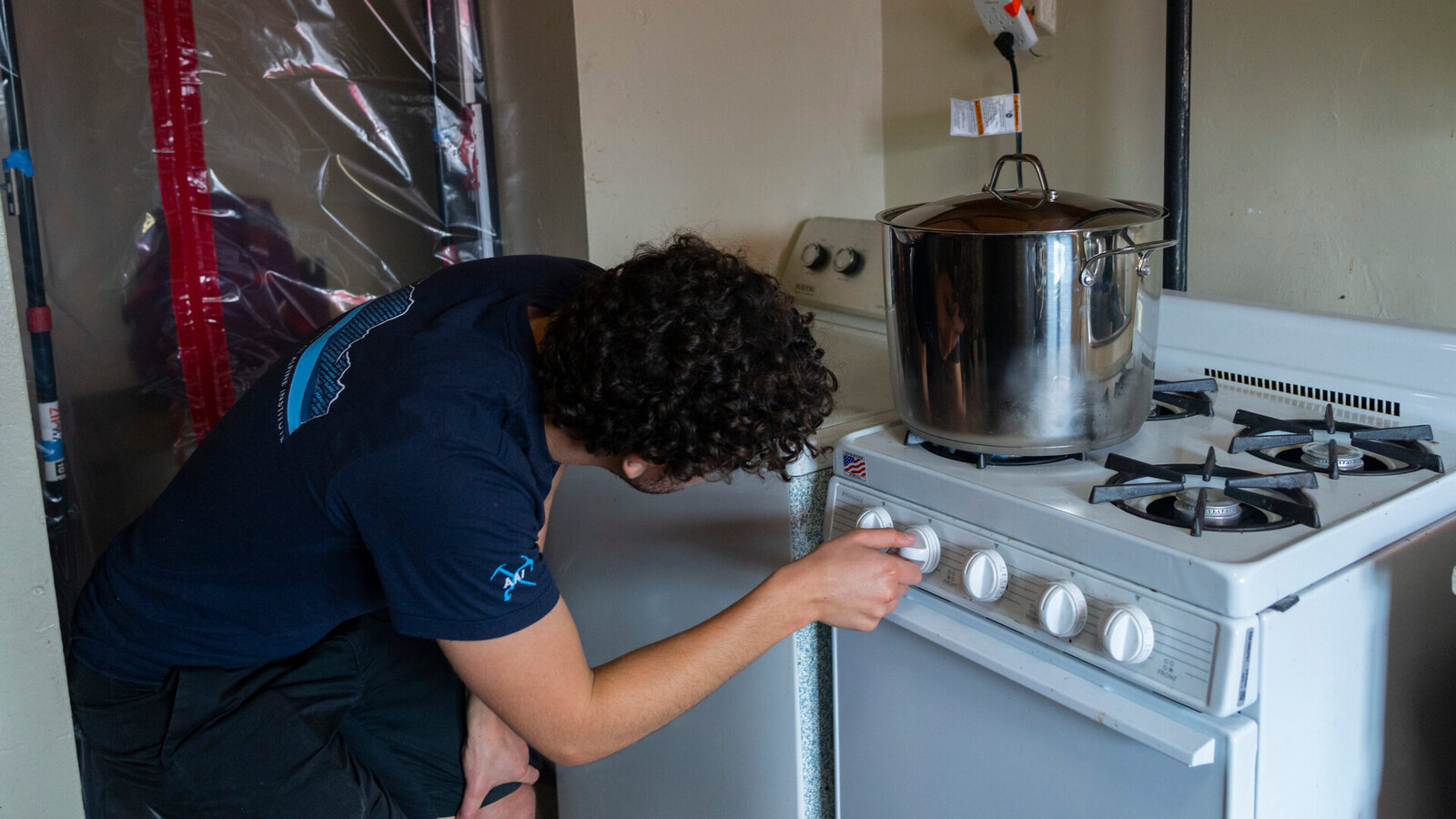

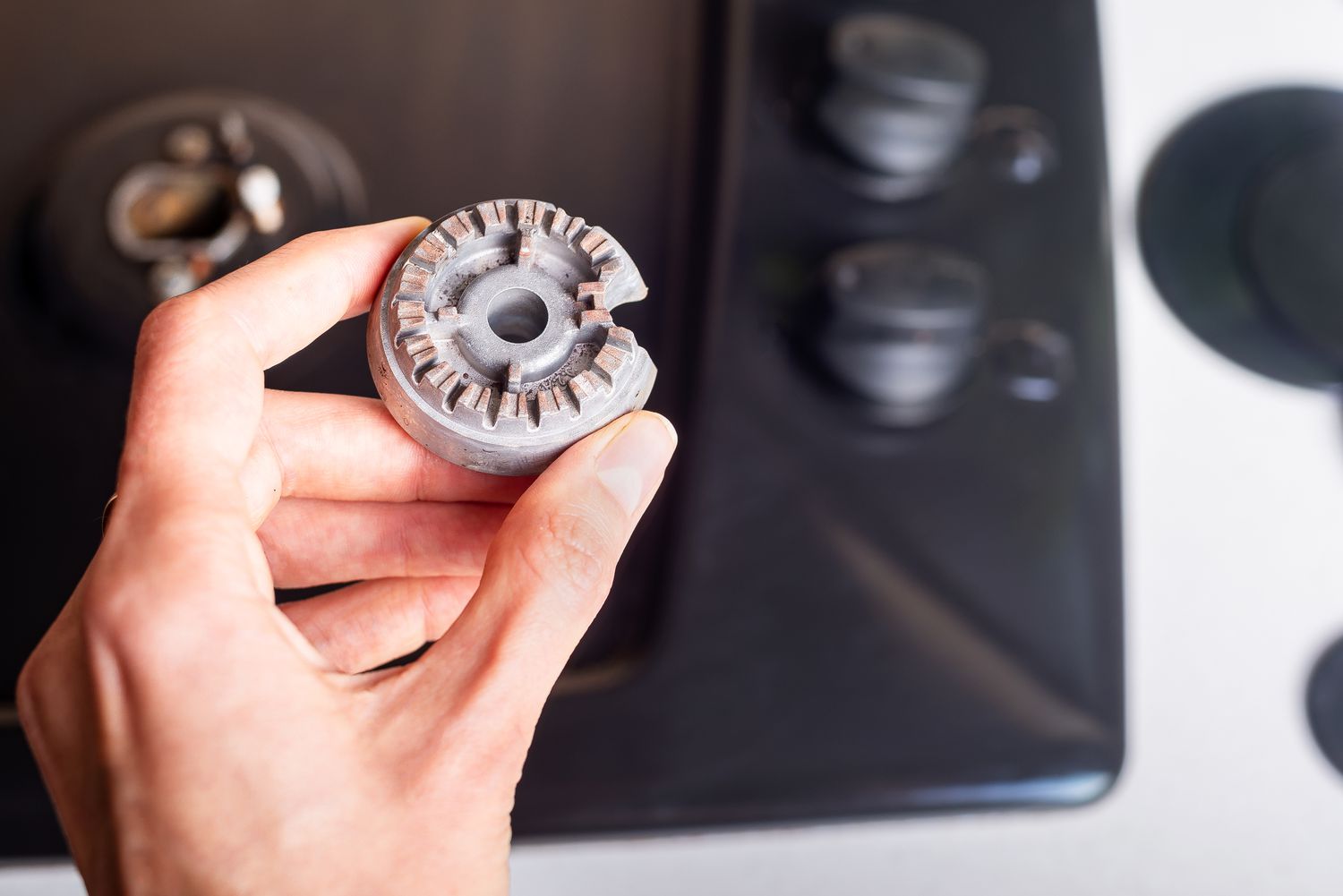
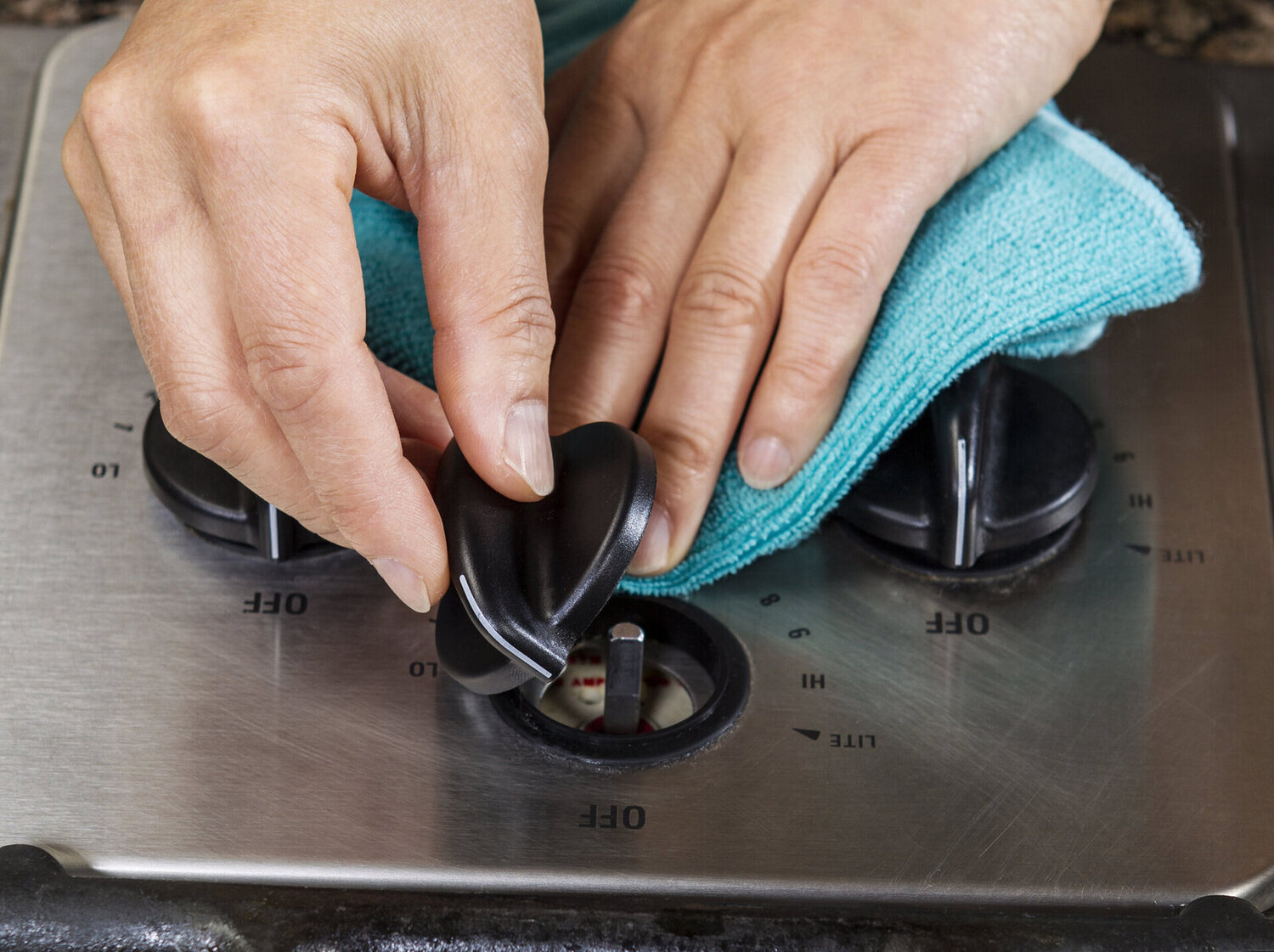

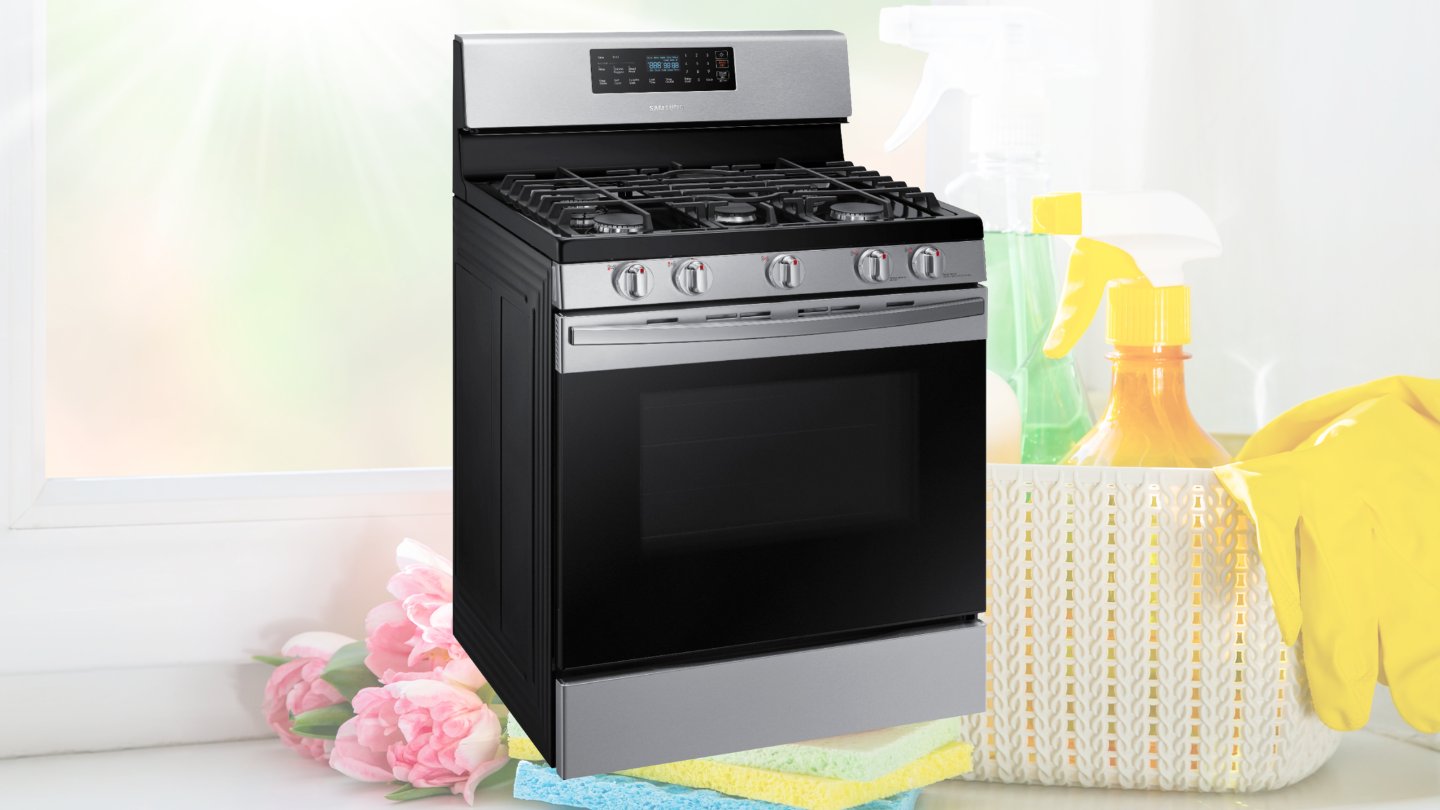
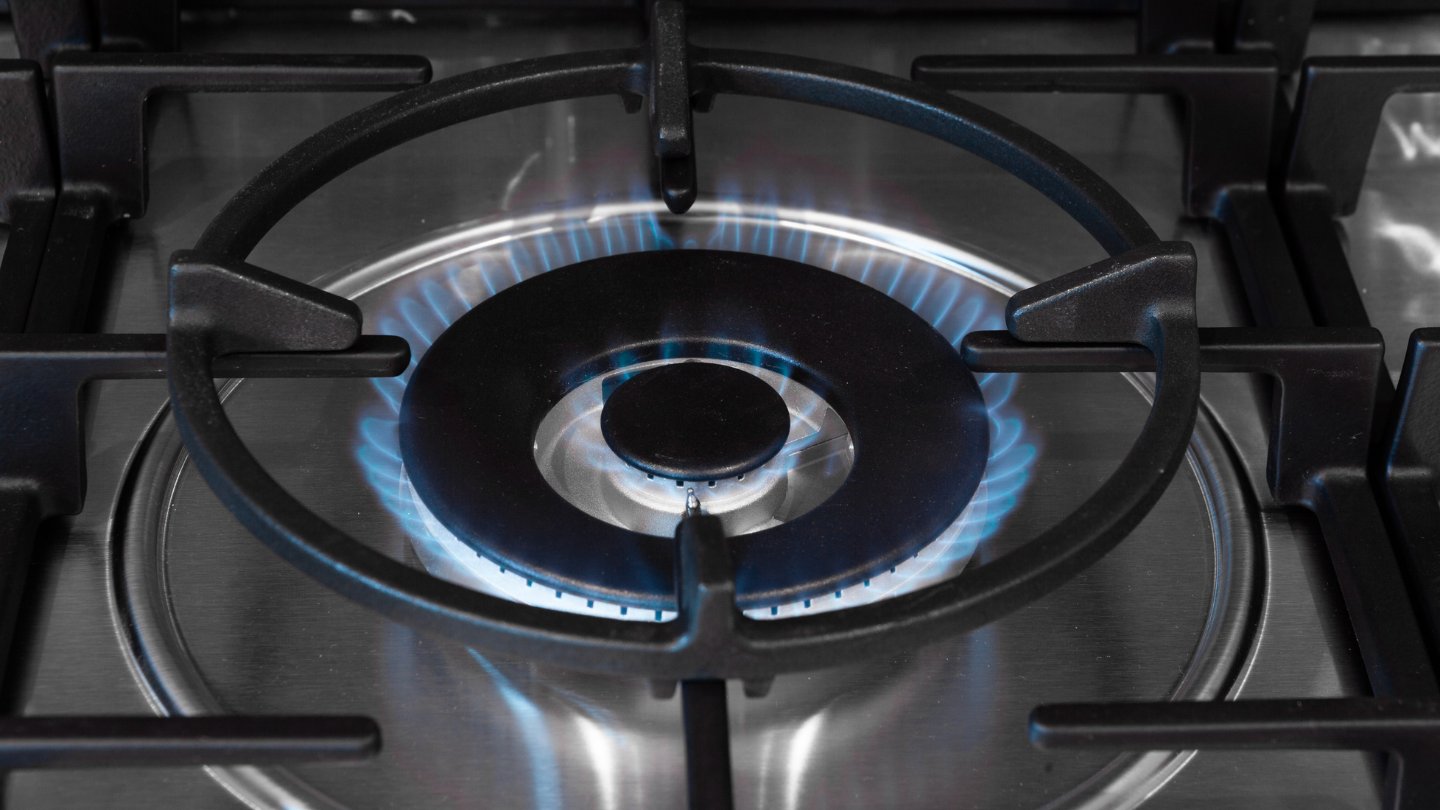
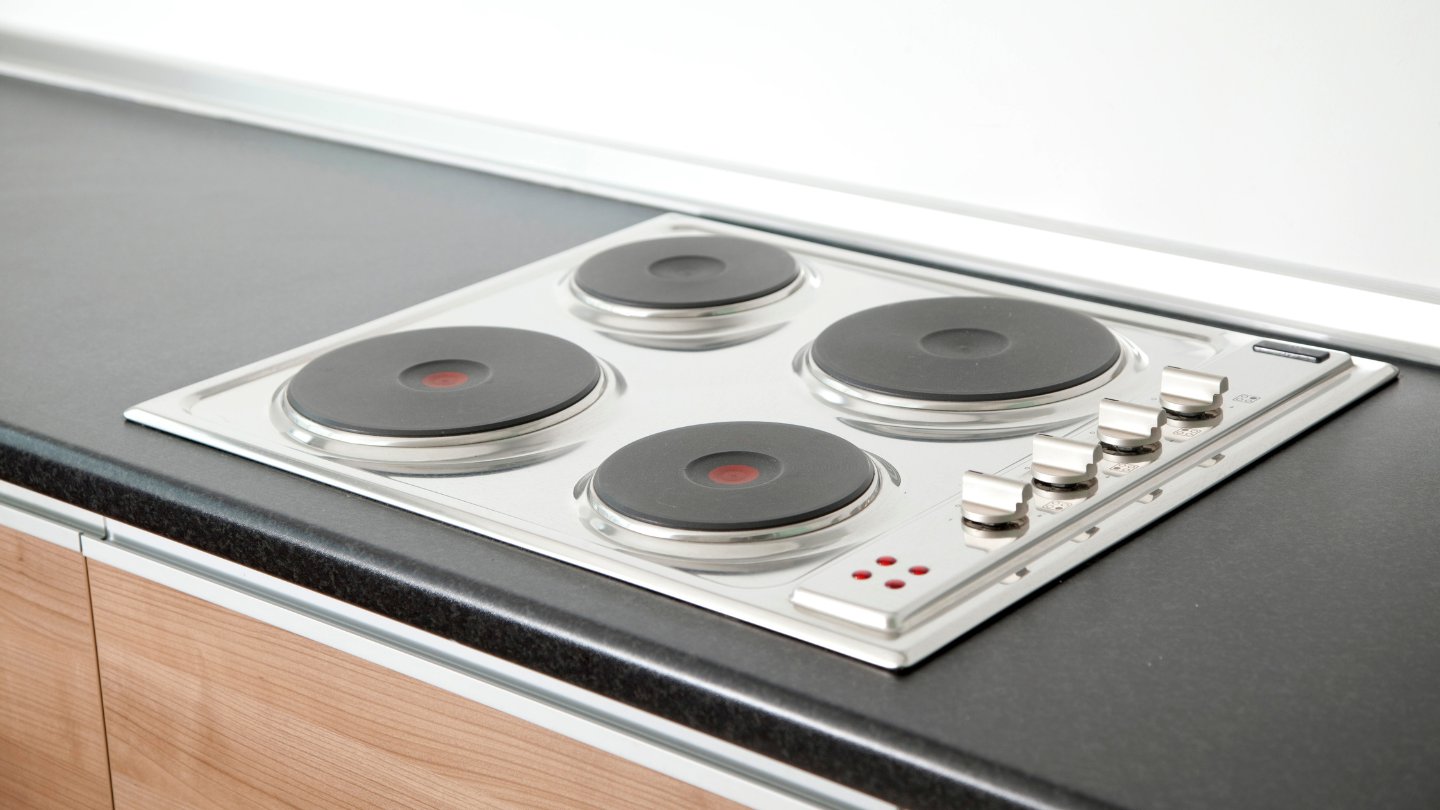
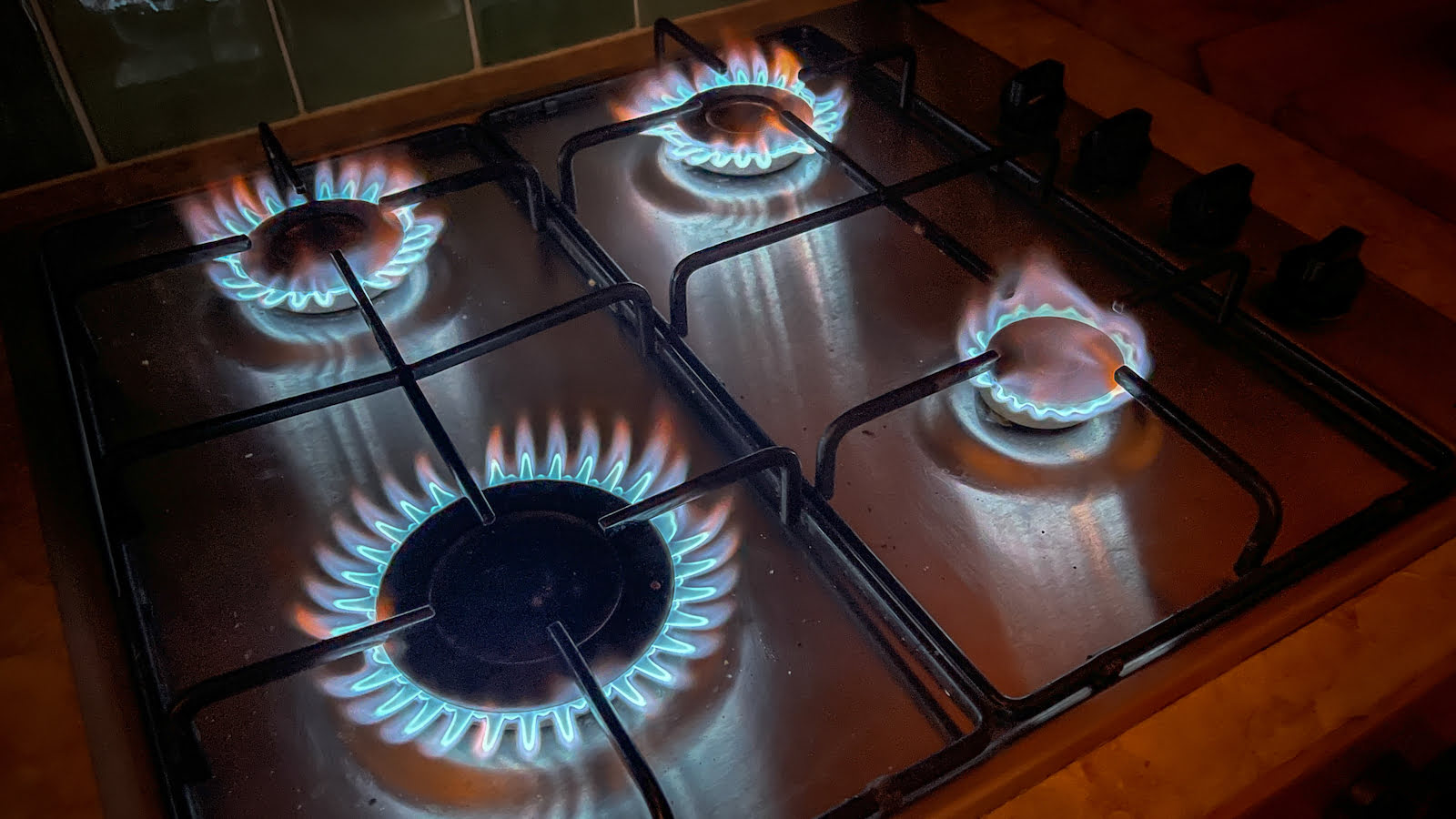
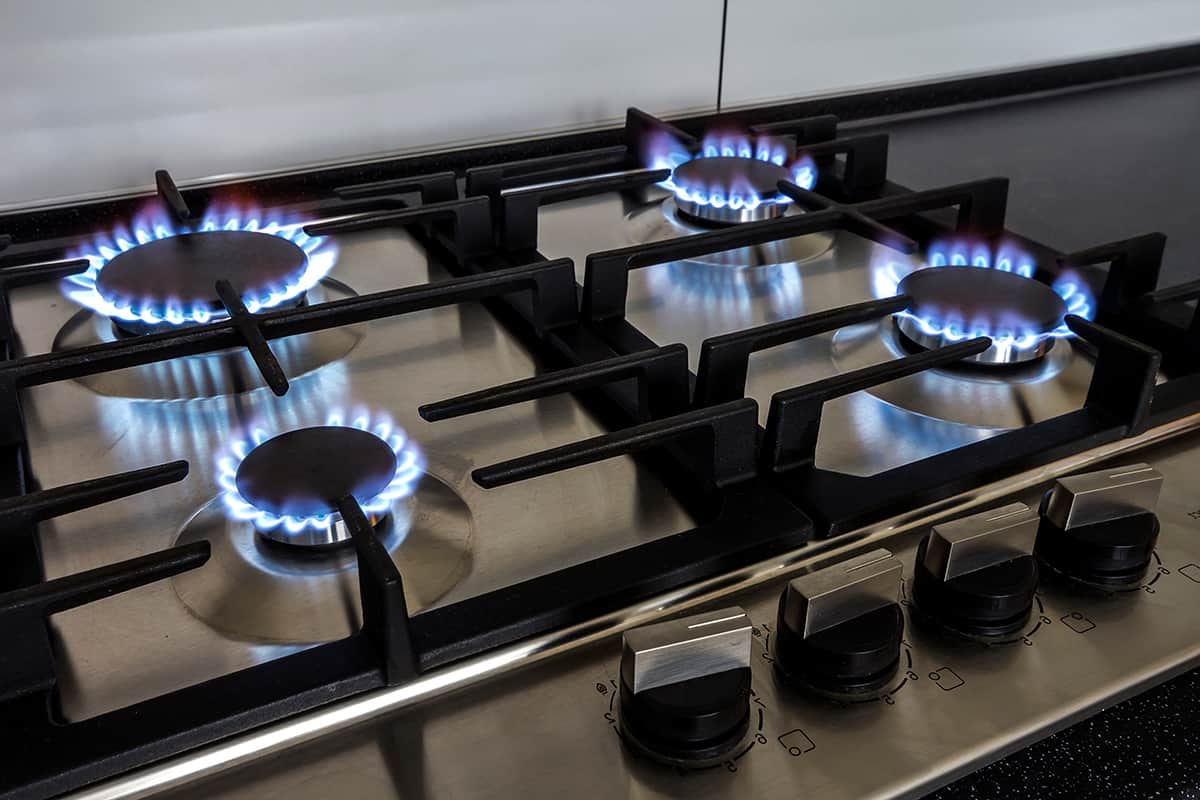
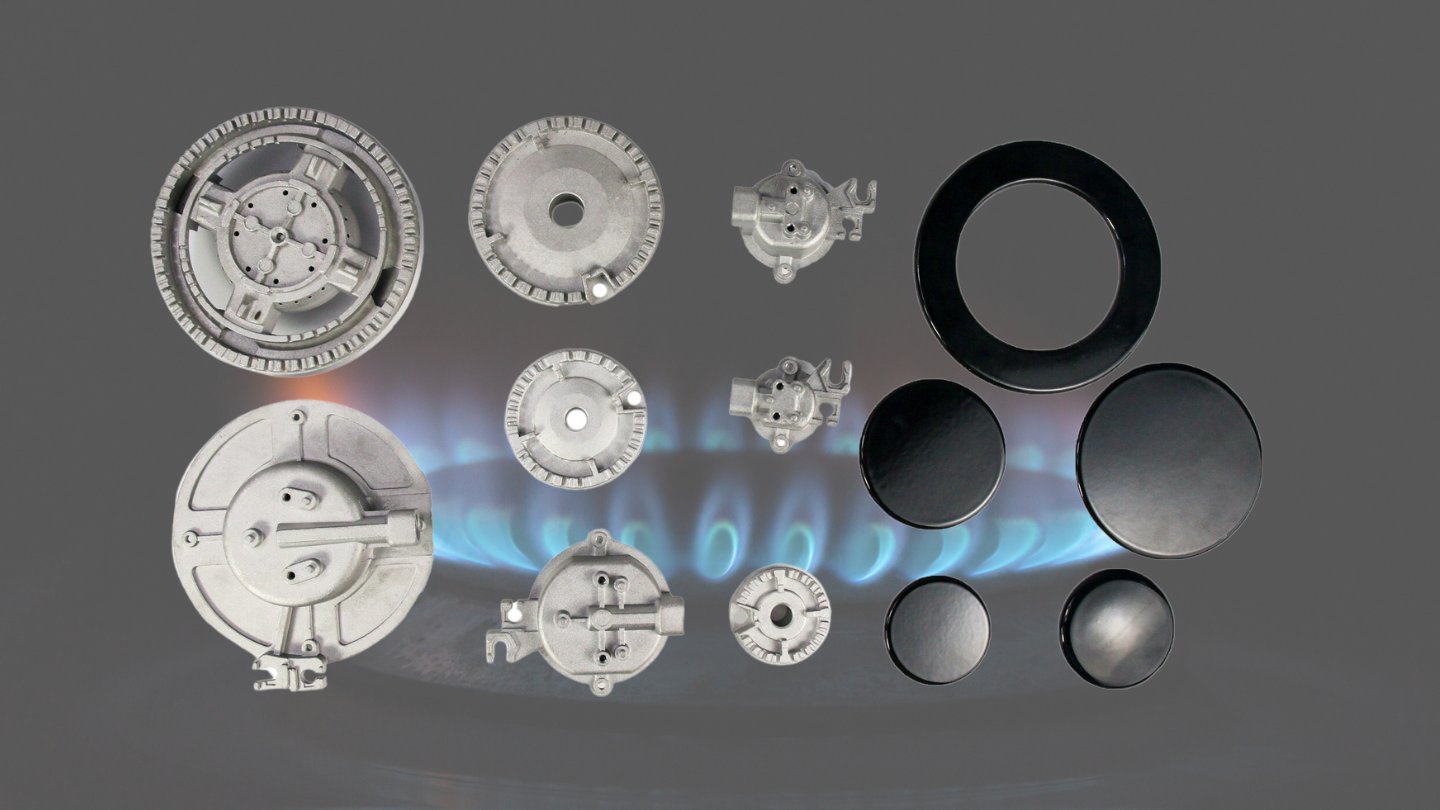
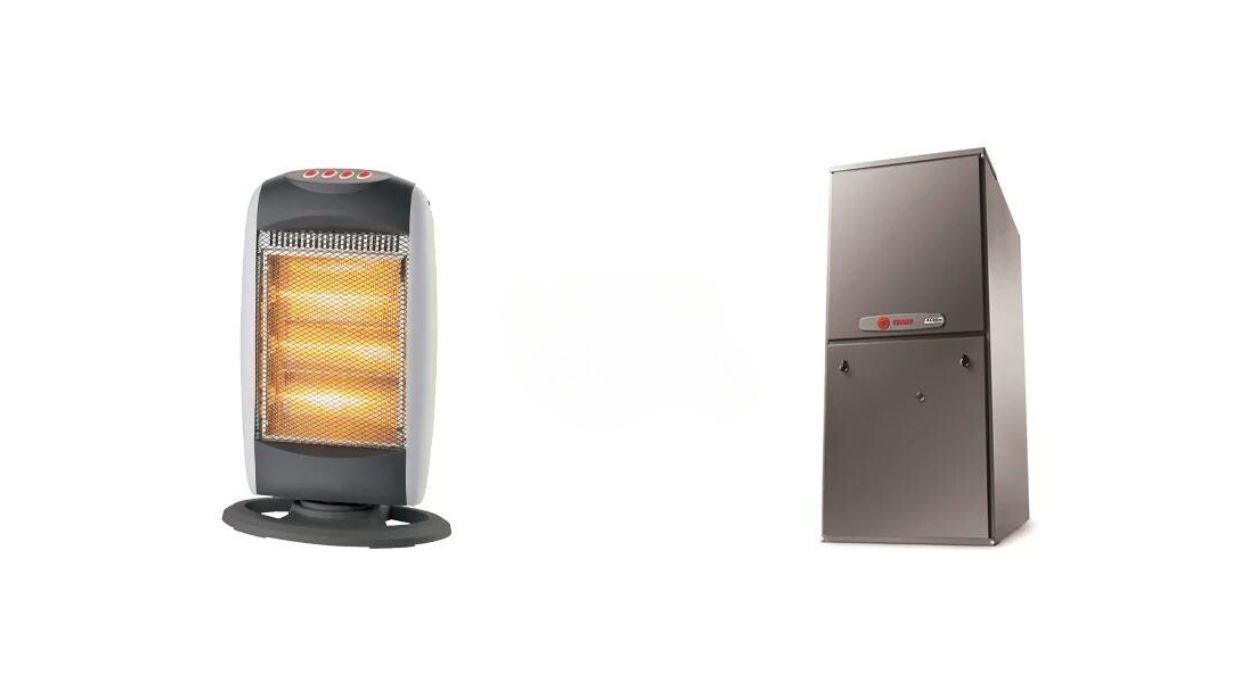

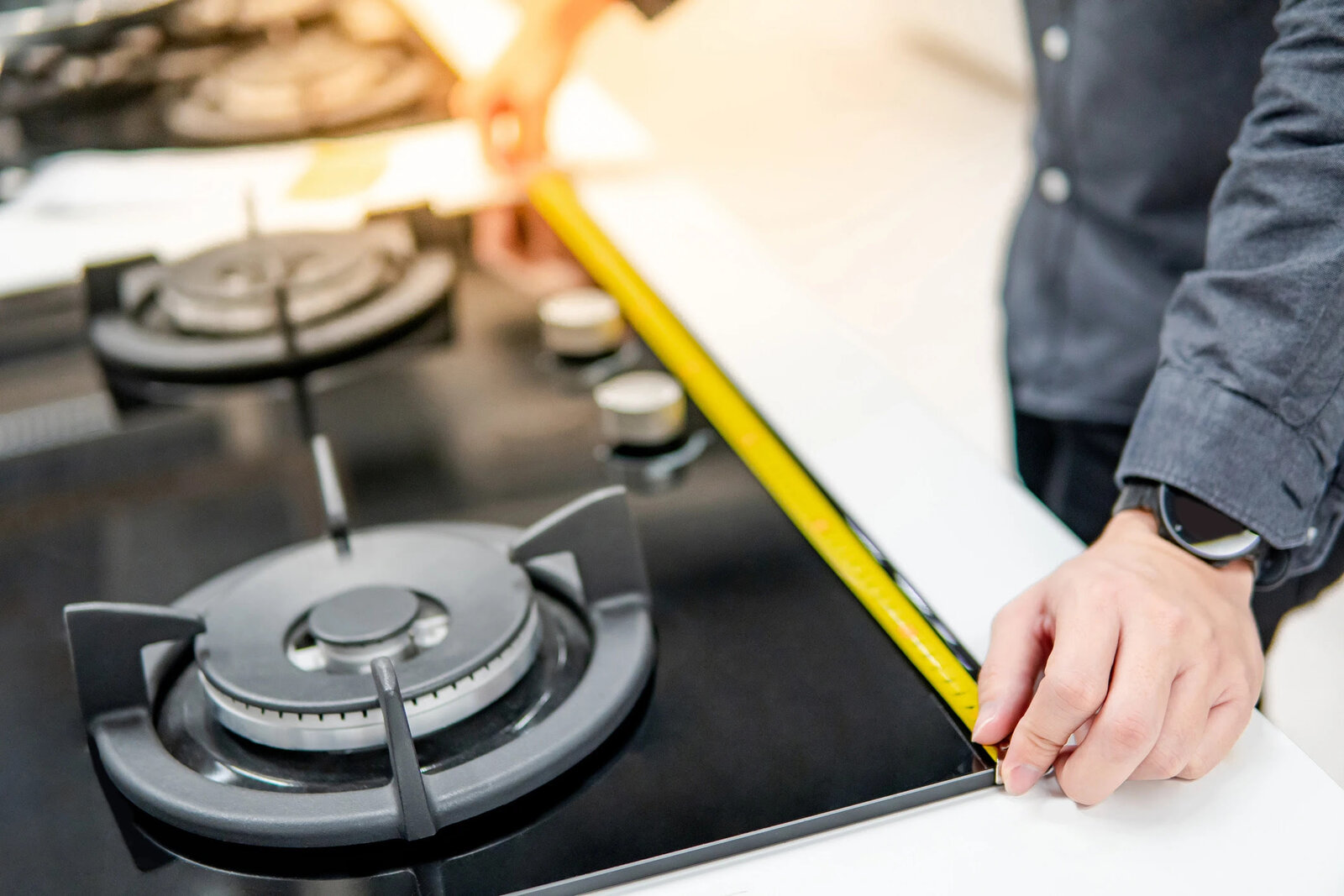

0 thoughts on “Which Costs More: Gas Stove Burners Or An Electric Heater?”